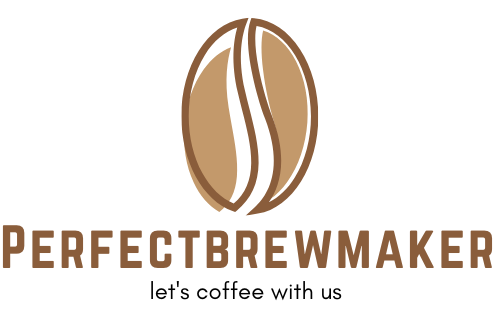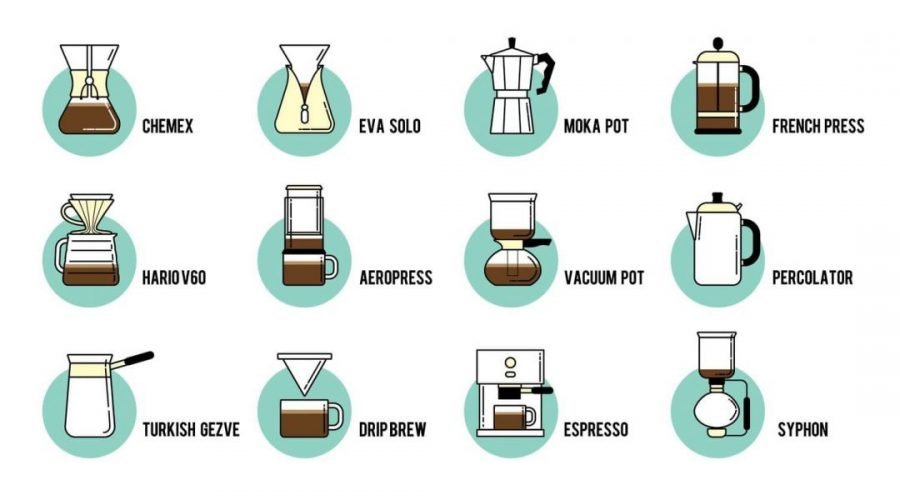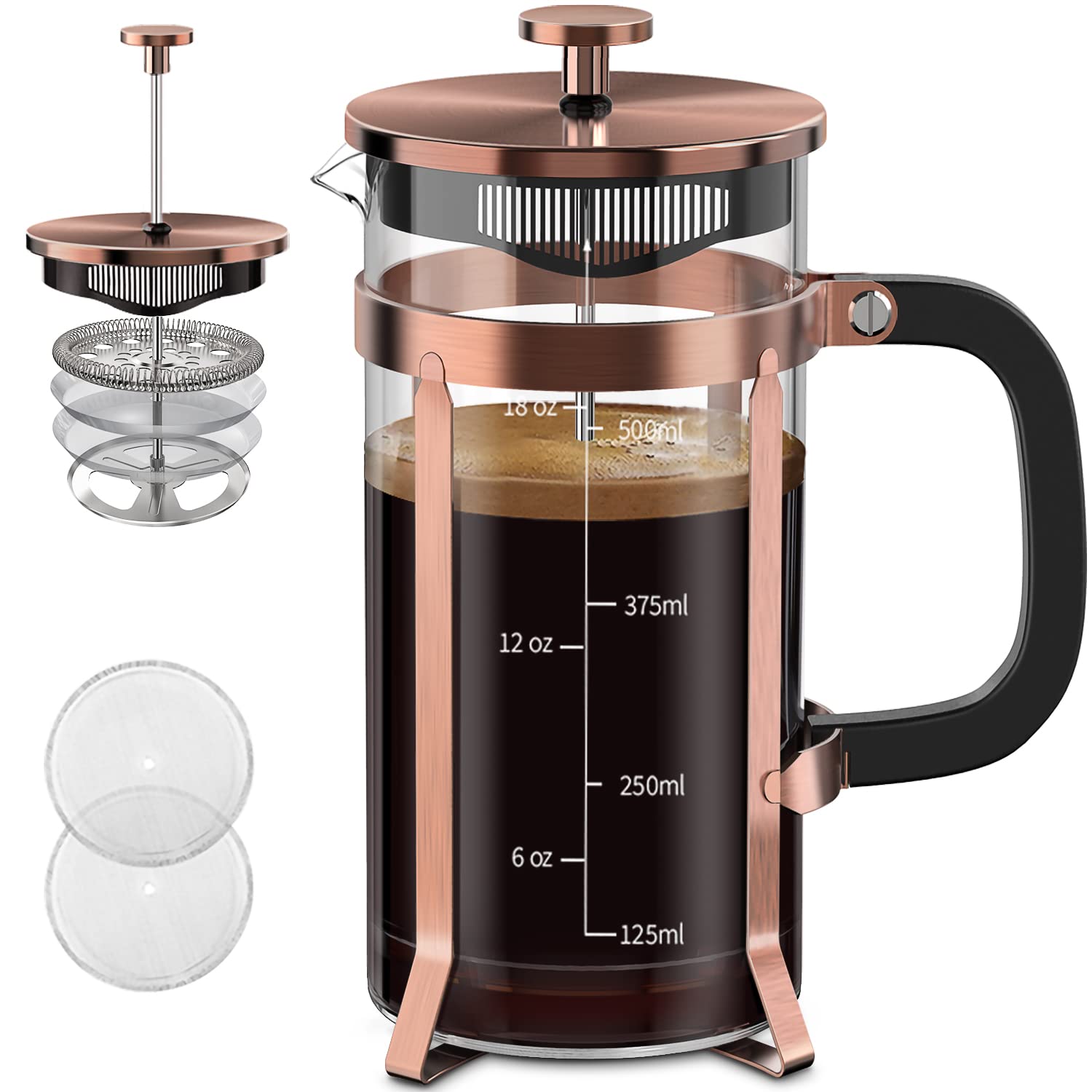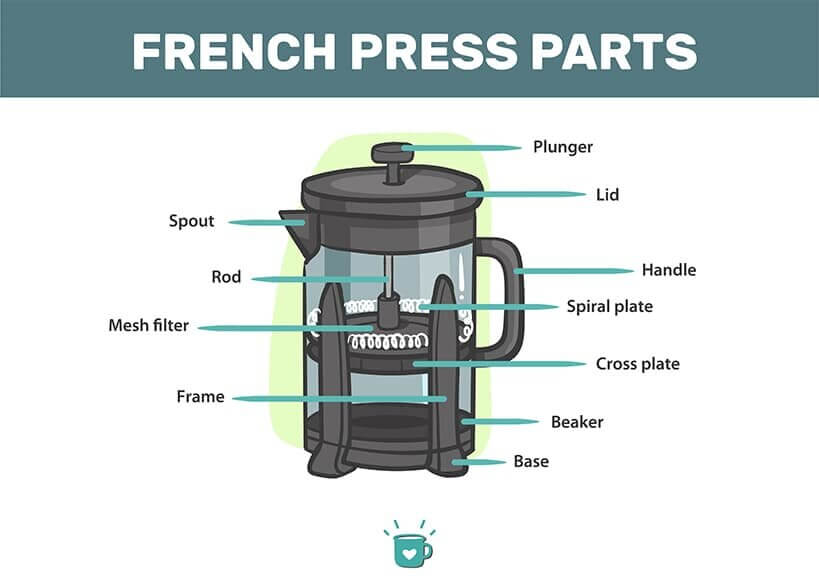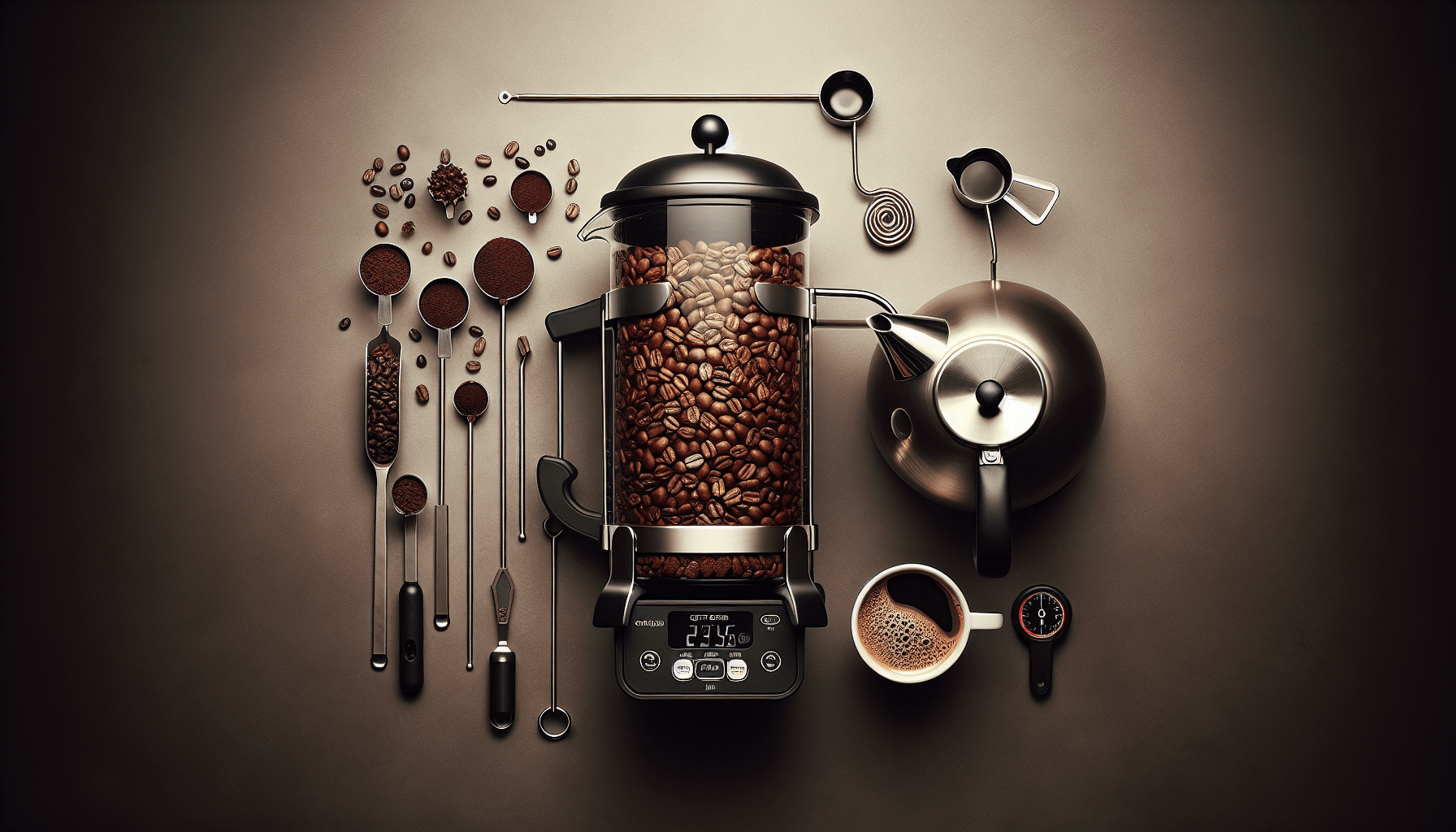In this article, we will explore the key differences between French press and percolator coffee, two popular methods of brewing your morning cup of joe. Both techniques have their own unique advantages and produce distinct flavors, so it’s important to understand how they differ in order to choose the best brewing method for your tastebuds. Whether you prefer a rich and full-bodied brew or a smooth and crisp cup of coffee, knowing the disparities between French press and percolator coffee will help you elevate your home brewing experience. What Is The Difference Between French Press And Percolator Coffee?
What is the difference between French press and percolator coffee? If you’re a coffee lover, you may have heard of these two popular brewing methods. Both French press and percolator coffee have their own unique characteristics and produce distinct flavors. In this article, we will explore the key differences between the two methods to help you decide which one is right for you.
French Press Coffee
French press coffee, also known as press pot or plunger pot coffee, is a manual brewing method that is loved by many coffee enthusiasts for its simplicity and rich flavor profile.
French press coffee is brewed by steeping coarsely ground coffee beans in hot water before pressing them down with a plunger to separate the grounds from the brewed coffee. This process allows the coffee’s natural oils and flavors to be fully extracted, resulting in a full-bodied and robust cup of coffee.
Pros of French Press Coffee
French press coffee offers several advantages that make it a popular choice among coffee drinkers:
-
Full Flavor: French press coffee captures the full flavor profile of the coffee beans, producing a rich and aromatic cup of coffee.
-
Customizable: You can control the brewing time, water temperature, and coffee grind size to tailor the strength and taste of your coffee to your preference.
-
Portable: French press coffee makers are compact and portable, making them ideal for brewing coffee on the go.
Cons of French Press Coffee
While French press coffee has many benefits, there are also some drawbacks to consider:
-
Sediment: French press coffee may have sediment at the bottom of the cup due to the mesh filter not capturing all of the fine grounds.
-
Requires Attention: Brewing French press coffee requires monitoring the brewing time and temperature, which may not be convenient for those looking for a quick and easy brewing method.
Percolator Coffee
Percolator coffee is a classic brewing method that was popular in the mid-20th century before drip coffee makers became prevalent. Percolators come in two types: stovetop and electric.
In a percolator coffee maker, water is heated and pumped up through a tube to the top of a perforated basket where the coffee grounds are placed. The hot water then drips down over the grounds and back up again, creating a continuous brewing cycle until the desired strength is achieved.
Pros of Percolator Coffee
Percolator coffee has its own set of advantages that make it a viable option for coffee lovers:
-
Strong Brew: Percolators brew coffee with a stronger flavor profile due to the continuous recirculation of hot water over the coffee grounds.
-
Large Capacity: Percolators come in various sizes, making them suitable for brewing multiple cups of coffee at once.
-
Robust Aroma: Percolator coffee has a distinct aroma that many coffee enthusiasts appreciate.
Cons of Percolator Coffee
Despite its benefits, percolator coffee also has some drawbacks to consider:
-
Over-Extraction: The continuous cycling of hot water over the coffee grounds in a percolator can lead to over-extraction, resulting in a bitter-tasting brew.
-
Inconsistent Brew: Percolators may produce inconsistent results in terms of taste and strength, depending on variables like brewing time and water temperature.
Comparing French Press and Percolator Coffee
Now that we’ve covered the basics of French press and percolator coffee, let’s compare the two brewing methods side by side:
| Category | French Press Coffee | Percolator Coffee |
|---|---|---|
| Brewing Process | Steeping coffee grounds in hot water before pressing with a plunger | Recirculating hot water over coffee grounds continuously |
| Flavor Profile | Rich, full-bodied, and aromatic | Strong, robust, and distinct |
| Brewing Time | 4-5 minutes | 7-10 minutes |
| Sediment | Some sediment due to mesh filter | Minimal sediment |
| Brewing Capacity | Typically brews 1-4 cups | Varied sizes available for multiple cups |
As you can see from the comparison table, French press coffee and percolator coffee have distinct characteristics that appeal to different preferences.
Which Is Right for You?
Deciding between French press and percolator coffee ultimately comes down to your personal taste preferences and brewing style. Here are some considerations to help you choose:
- If you prefer a rich and aromatic cup of coffee with a full flavor profile, French press coffee may be the better choice for you.
- If you enjoy a strong and robust brew with a classic aroma, percolator coffee could be the right fit.
- If you appreciate the simplicity and control of manual brewing methods, French press coffee is a great option.
- If you prefer a brewing method that can produce multiple cups of coffee at once, a percolator might be more suitable.
In conclusion, both French press and percolator coffee have their own unique qualities and are loved by coffee enthusiasts worldwide. Experimenting with different brewing methods can help you discover your favorite flavors and brewing techniques to elevate your coffee experience. Whether you choose French press or percolator coffee, the key is to enjoy the process of brewing and savoring a freshly brewed cup of coffee tailored to your liking. Cheers to your coffee adventures!
